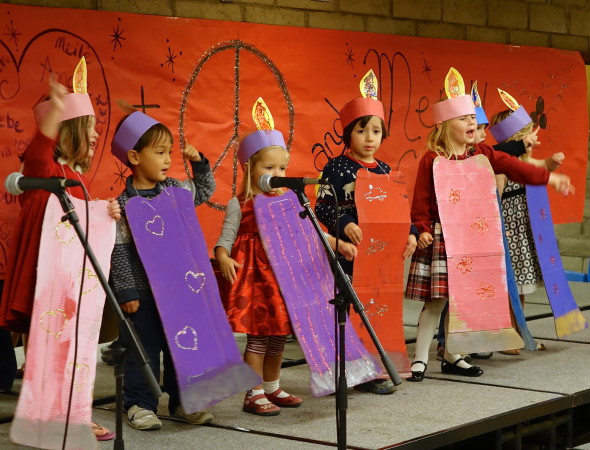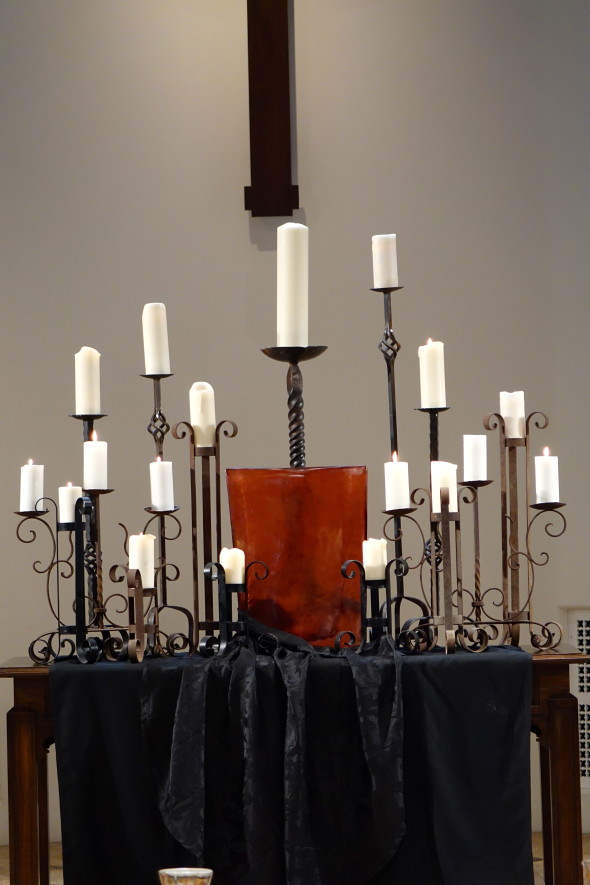Zephaniah 3:14-20, NLT
Sing, O daughter of Zion; shout, O Israel; be glad and rejoice with all your heart, O daughter of Jerusalem. For the Lord will remove his hand of judgment and disperse the armies of your enemy. And the Lord himself, the King of Israel, will live among you! At last your troubles will be over—you need fear no more.
On that day the announcement to Jerusalem will be, “Cheer up, don’t be afraid. For the Lord your God has arrived to live among you. He is a mighty Savior. He will give you victory. He will rejoice over you with great gladness; he will love you and not accuse you.” Is that a joyous choir I hear? No, it is the Lord himself exulting over you in happy song.
“I have gathered your wounded and taken away your reproach. And I will deal severely with all who have oppressed you. I will save the weak and helpless ones, and bring together those who were chased away. I will give glory to my former exiles, mocked and shamed.
“At that time, I will gather you together and bring you home again, and give you a good name, a name of distinction among all the peoples of the earth, and they will praise you when I restore your fortunes before your very eyes,” says the Lord.
I love to sing. I always have. I don’t get as much opportunity to do it as I once did, but I love to join in during Sunday worship. I especially love singing during Advent and Christmas — both the minor key songs of the waiting period and the jubilant carols of Christmastide.
But I never imagined that God might like to sing, too. Until I read this passage. And then it made perfect sense to me. If I love it and lots of people I know love it, why wouldn’t God enjoy a good, solid song once in a while, as well?
And according to Zephaniah, God doesn’t just sing a little ditty now and again. No. God ‘exults’ over us with song. So, while you’re singing those familiar carols this season, try tuning your ears into that for a minute or two.
God is singing our song.
Thank you, thank you for the gift of music. For the beauty of it, the release of it, the joy of it. And thank you most of all for singing over us and for managing to sound like a choir when you do it! Give me ears to hear, O Lord. And a heart to embrace the truth of your joyous love.

































